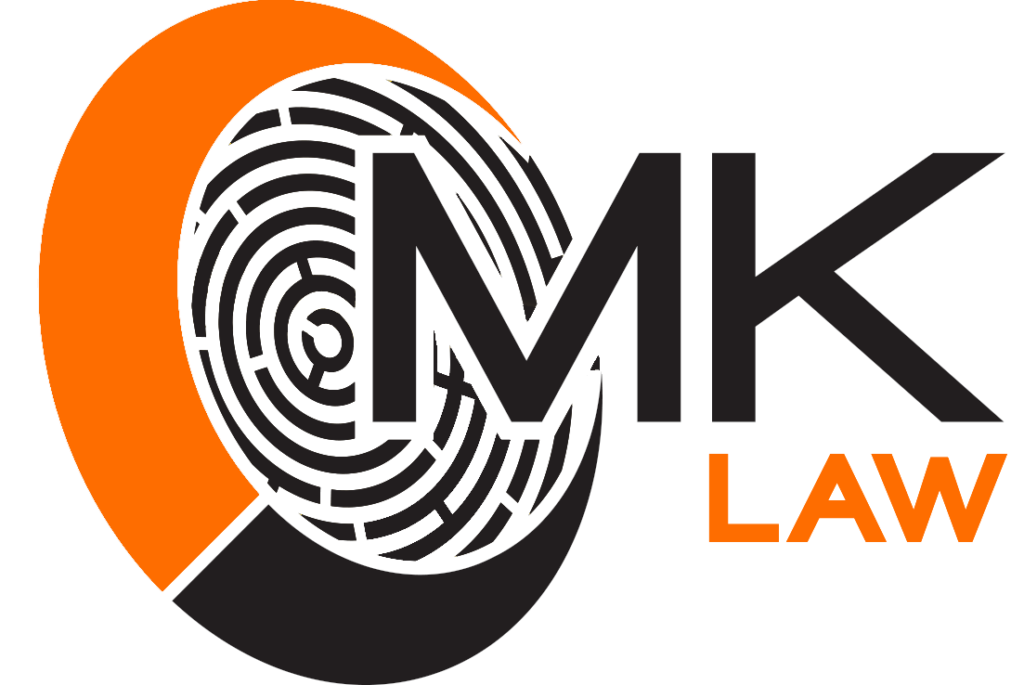Drug Possession is when a person has been caught with drugs, even if they don’t belong to them. The police have the power to stop, detain and search people on ‘reasonable suspicion’ that they are in possession of a controlled drug.
What are the Sentencing Guidelines for Drug Possession?

The possession of drugs sentencing guideline will depend on a number of different criteria:
In practice, if you’re caught with a small quantity of any drug for personal use for the first time, you may receive an out-of-court disposal. This could take the form of a community resolution or a conditional caution. However, if you are caught in possession of Class A drugs first offence and you have previous convictions the charges of a custodial sentence increase. This highlights the importance of legal advice and understanding the potential consequences based on the specific circumstances of the case.
Stop & Search – Drug Possession
The most common reason for carrying out a stop and search was on suspicion of drug possession. So, it’s important that you know your rights.
The police do not have the right to stop you for no reason unless there are reasonable grounds AND it’s been authorised by a senior police officer. This can happen when a serious violent crime has happened.
Before you’re searched by an officer, they must tell you:
- their name and police station
- what they expect to find, for example drugs
- the reason they want to search you, for example if it looks like you’re hiding something
- why they are legally allowed to search you
- that you can have a record of the search and if this isn’t possible at the time, how you can get a copy
They can take off your outer jacket, coat and gloves, anything else and they need to take you to the police station. They are also allowed to touch the outside of your clothing.
You can find out much more about Stop and Search here and if you’ve been the victim of an illegal stop and search, we have a dedicated team who can help.
What should you do if you’ve been charged for Drug Possession?
Seeking legal advice promptly is crucial if you or a family member are facing a drug-related charge. A skilled legal professional can provide guidance tailored to your specific situation and help navigate the complexities of the legal process. By sharing as much detail as possible about the facts of your case, you enable your legal representative to build a strong defence and advocate effectively on your behalf. This proactive approach increases the likelihood of achieving the best possible outcome for you or your family member.
